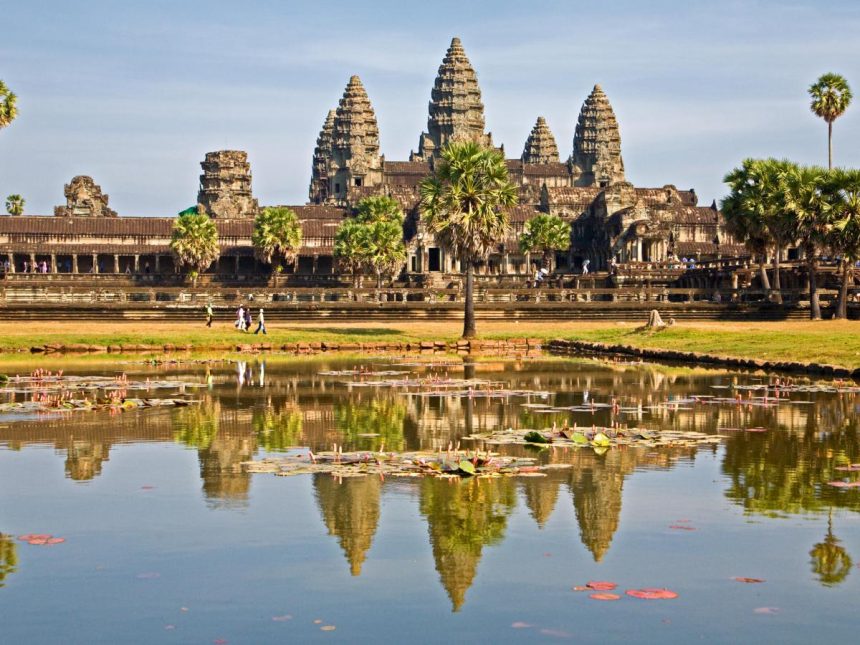Tensions between Cambodia and Thailand have escalated sharply following a deadly border skirmish. Cambodia has responded with sweeping bans, including Thai fruit imports and media, in what looks like a significant diplomatic and economic crackdown.
Fruit and Vegetable Imports Halted
On June 18, Cambodia imposed a ban on Thai fruit and vegetable imports after Thailand closed several border crossings. Deputy Prime Minister Hun Many ordered the move to pressure Bangkok into reversing its restrictions, citing Thailand’s failure to ease crossing controls which were limiting Cambodian access.
Thai Media and Internet Links Blacked Out
In a coordinated media embargo, Cambodian regulators directed TV networks and cinemas to cease airing Thai films and soap operas—popular entertainment sources in Cambodia. At the same time, Cambodia rerouted its international internet traffic to avoid using Thai infrastructure, resulting in service disruptions and marking a bold reduction in Thai digital influence.
Thailand Tightens Border Access
Thailand’s military shut nearly all land border crossings across seven provinces bordering Cambodia—only permitting students, medical cases, and essential travellers. The closures, intended to maintain border security and crack down on cross-border cybercrime originating from Cambodia, exacerbated tensions.
Dispute Roots in Fatal Skirmish
Hostilities stem from a violent exchange at a contested area on May 28 that resulted in the death of a Cambodian soldier. Both countries accuse each other of initiating the confrontation in the disputed border zone.
Nationalism and Diplomatic Game
Cambodia rallied public support with mass demonstrations in Phnom Penh denouncing Bangkok’s actions and affirming national unity. Prime Minister Hun Manet stressed a preference for peaceful resolution—filing disputes with the International Court of Justice—while signaling readiness to defend sovereignty.
Thailand, meanwhile, has welcomed negotiations through military-diplomatic channels and maintains that the ICJ lacks authority over its sovereign decisions .
Regional Consequences and Escalation Risk
The gridlock in border crossings disrupts tourism and trade, amplifying economic and social costs. Internet disruptions hinder digital business, and the media ban raises concerns about freedom of expression.
Both nations have issued travel advisories for citizens crossing the border, while authorities continue bilateral talks—though progress remains limited .
What’s Next: Negotiation vs. Confrontation
- Cambodia hopes to see Thai border controls loosen before lifting sanctions on imports and entertainment.
- Thailand insists it will continue classified border regulations to combat cybercrime—a persistent allegation against Cambodian territories.
- Diplomatic talks are scheduled to resume in September, though the path ahead remains fraught with nationalist pressure on both sides.
The dispute marks one of the most serious escalations on the Cambodia–Thailand border in years. With bans hitting cultural and economic ties, Asia’s intertwined neighbours face growing urgency to defuse nationalistic rhetoric and restore normal relations before the situation spirals further.











